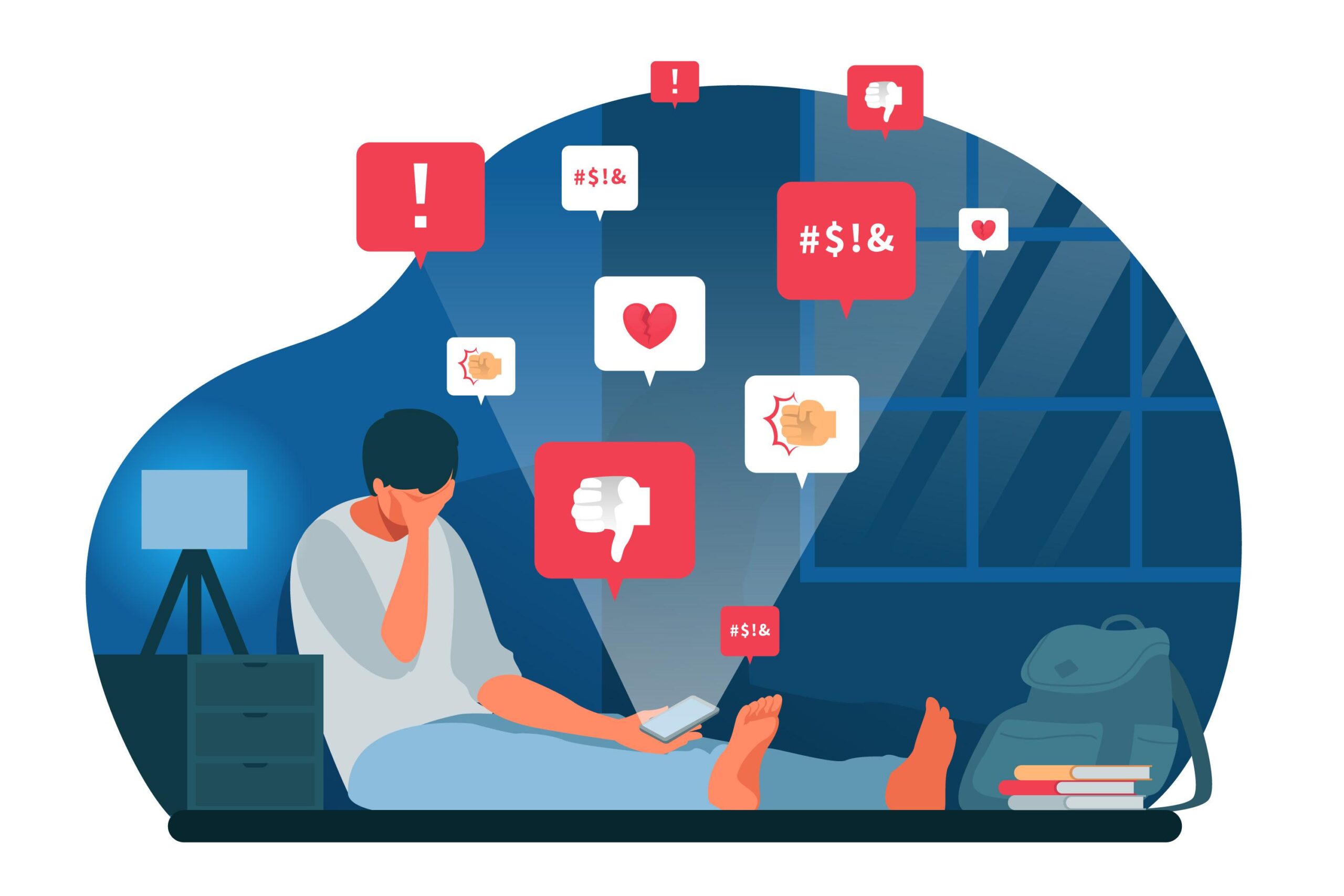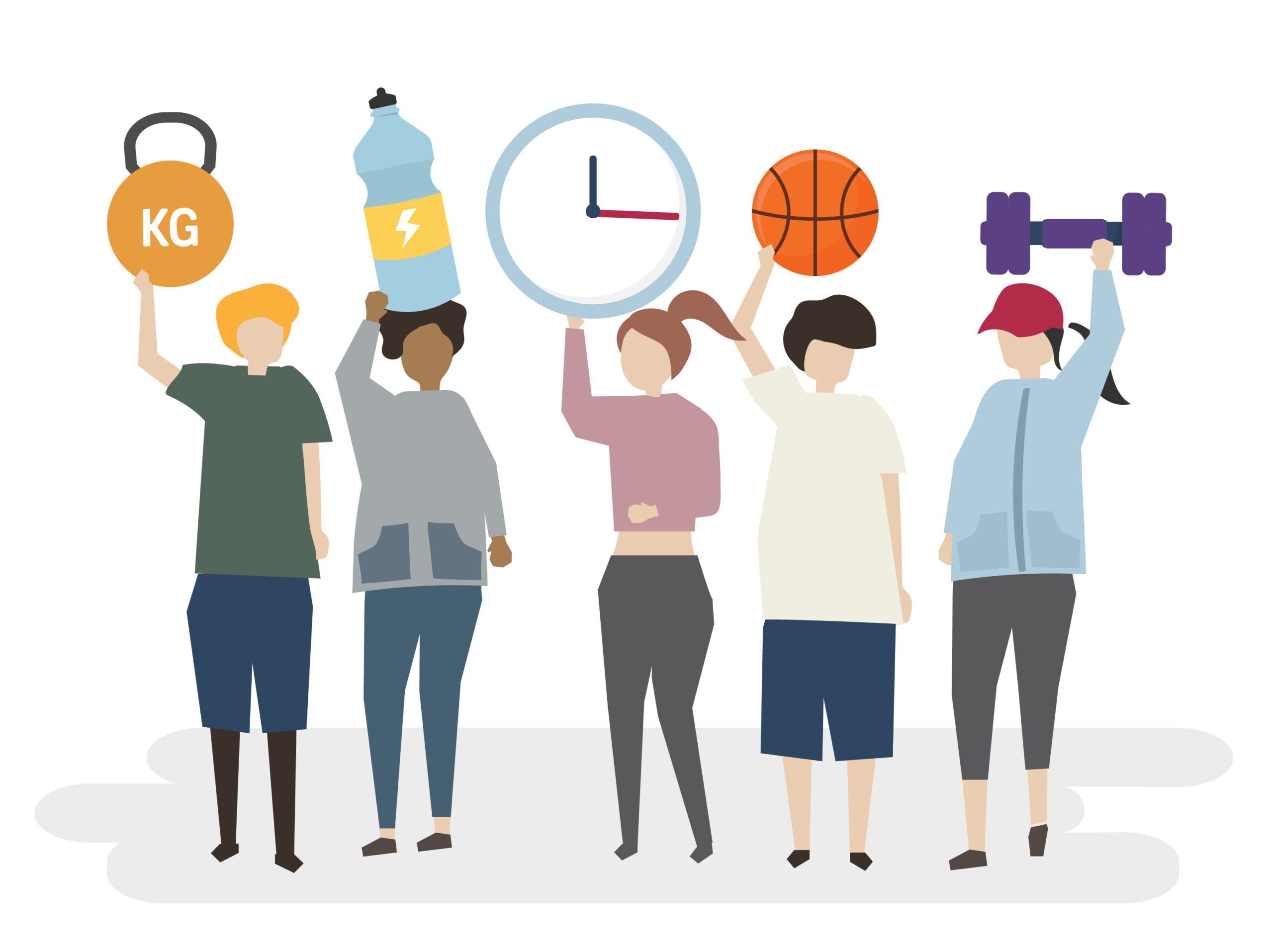Insight Behavioral Health – From smartphones to social media, technology has introduced many significant benefits and conveniences in our lives that most of us can’t imagine living without. Unfortunately, these advancements can also have an adverse affect on our mental health and wellbeing that can be very serious if left unchecked. This is especially true in adolescents and young adults who report increased levels of dependence, social isolation, anxiety, and depression from technology use. In an increasingly tech-dependent world, being mindful of how you use technology and seeking support can make a significant difference in your life. Here are just a few digital habits you can employ in your daily life that will contribute to a healthier mental state.
Monitor Screen Time
With social media, video games, and endless streaming options, it can be easy for screen time to get out of hand. According to recent research, the average American spends about seven hours a day on screens even though no more than two hours are recommended. Start looking at how much time you spend viewing digital media each day and take steps to limit your consumption. There are even helpful features or apps available to assist you in tracking and controlling your screen time.

Designate Tech-Free Zones
Most people never let their phones leave their sides, even when going to bed. But this constant connection and reliance comes with serious consequences to your mental health. Think about areas in your life that can be tech-free zones, such as at dinner, while going for a walk, or spending time with family. Not only will you be more present in important moments, but you will also lead by example while spending tech-free time with friends and family.
Set Social Media Boundaries

If you find yourself constantly checking social media or your go-to habit during free moments is scrolling through social media feeds, try turning off notifications on your phone and designate certain times during the day that you will visit your favorite sites. This is also a good time to unfollow or mute accounts that have a negative effect on your mental wellbeing.
Practice Mindful Consumption
Whether it’s a social media site or YouTube, it’s easy to spend hours a day getting lost down the rabbit hole of viral videos, news, or other content that offers little value in our lives. Instead, start being mindful of the content you are consuming and make an effort to choose things that will make a positive contribution to your life. This can be something educational, an uplifting song, an old TV show that brings you comfort, or anything else that enriches your day.
Schedule Detox Days
Once you get into the habit of reducing your screen time during the day, the next step is designating certain days for digital detox. Weekends or vacation days are perfect opportunities to put away devices and participate in offline activities. People who regularly engage in a digital detox less stress, improved focus, enhanced relationships, and more time to do the things they enjoy.

Put Real Life Relationships First
With text messaging, FaceTime, Zoom, and the myriad digital communications tools now available, we have never been more connected. However, nothing beats the benefits of face-to-face relationships. Spending time together in real life establishes trust, enhances our social skills, helps us gain empathy, and builds shared experiences. Although it may take more effort, going on a walk together or meeting for lunch or coffee will lead to a more balanced and fulfilling social experience.
Prioritize Sleep
Sleep is an essential part of our health and wellness, but technology often interferes with our ability to get a quality night’s rest. Screen time stimulates the brain and makes it hard to wind down, blue light from digital devices represses production of the sleep hormone melatonin, and notifications from texts and apps cause sleep disturbances during the night without us knowing. To reduce digital disruptions in the bedroom, try minimizing exposure to screens in the hours before bedtime, use a traditional alarm clock instead of your phone to wake up, and keep the phone out of the bedroom (or at least out of view and reach) whenever possible.

Make Time for Physical Activity
Prioritizing physical activity over tech time is crucial for maintaining a healthy and balanced lifestyle. If you find the temptations of your digital devices are preventing you from getting enough physical activity in your life, start setting an exercise routine with specific and achievable goals. Physical activities like walking or hiking that take you outdoors are also great motivators to get moving. For those still struggling to stay motivated, try making physical activity a social event with friends, family, and coworkers or attend group classes. Not only will this make it more enjoyable, but it will also keep you accountable.

Digital technology has many benefits, but it also can have a detrimental effect on mental health and wellbeing. Regularly assessing your digital habits, understanding the potential risks, and finding a balance that works right for you is one of the best ways to stay healthy and productive. If you find that technology is negatively impacting your mental health, it is essential to seek help. Contact Insight Behavioral Health today to learn more about our services, including telehealth appointments.
FAQ
Q: How can I limit my child’s screen time?
A: Limiting screen time for children is important for mental wellbeing, as well as physical health and social wellbeing. Some effective strategies for limiting screen time include establishing clear guidelines with time limits and designated spaces where screens cannot be used. It is also important to encourage hobbies and outdoor play while also leading by example.
Q: How can I control my screen time at work?
A: If you spend much of your day at work behind a screen, it is important to find ways to maintain productivity and prevent digital burnout. Start by outlining specific work hours to avoid work spilling into your personal time. Also take regular breaks throughout the day and engage in activities that refresh your mind. Finally, try establishing an end of day routine where you shutdown your computer, turn off work-related notifications, and transition to tech-free activities.
Q: What should I do if I experience cyberbullying?
A: Cyberbullying can have severe and lasting impacts on those who experience it. Whether it’s you or a child experiencing cyberbullying, it is important to stay calm, don’t retaliate, document evidence, block the person engaging with you, and report their behavior to the relevant platform. If threats, harassment, or other illegal activity has occurred, contact your local authorities. Finally, if cyberbullying is taking a toll on your mental health, consider contacting a mental health professional.

